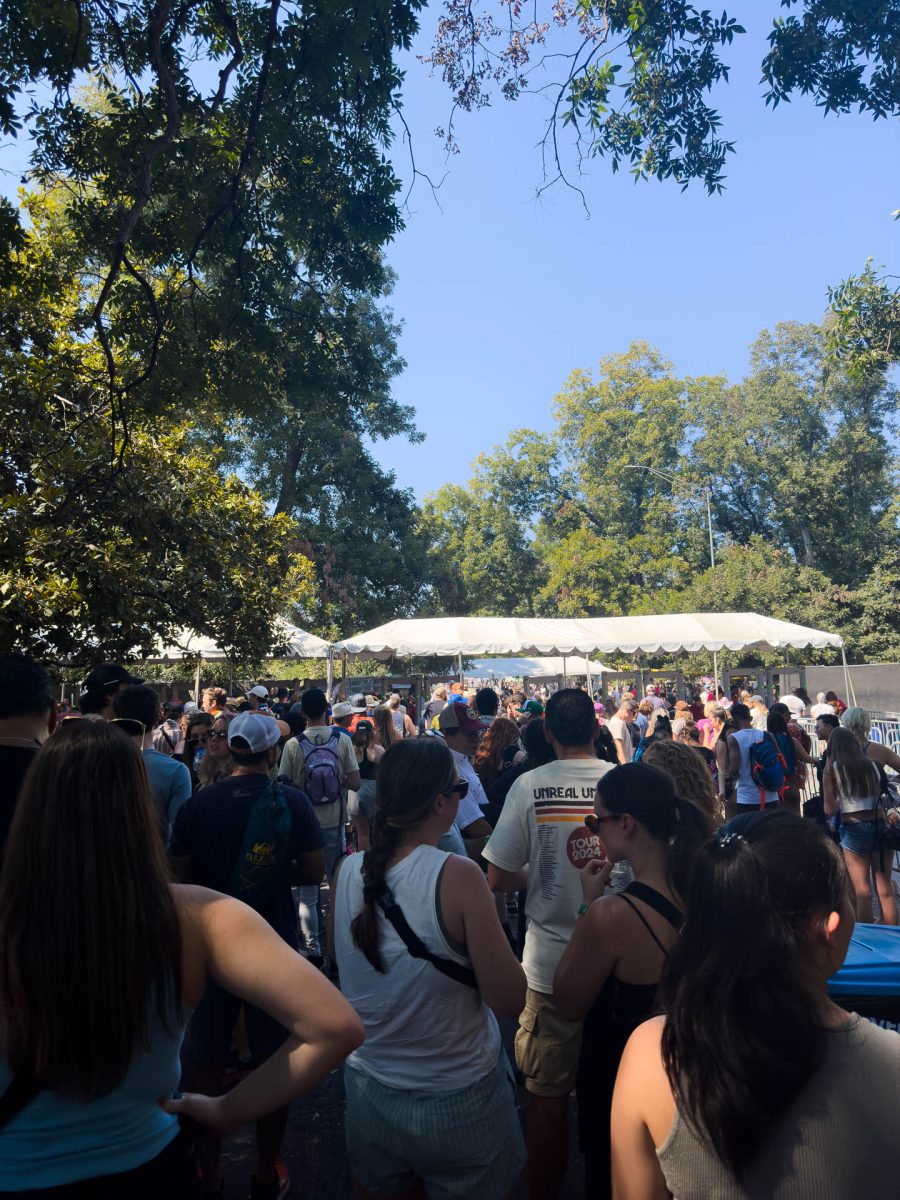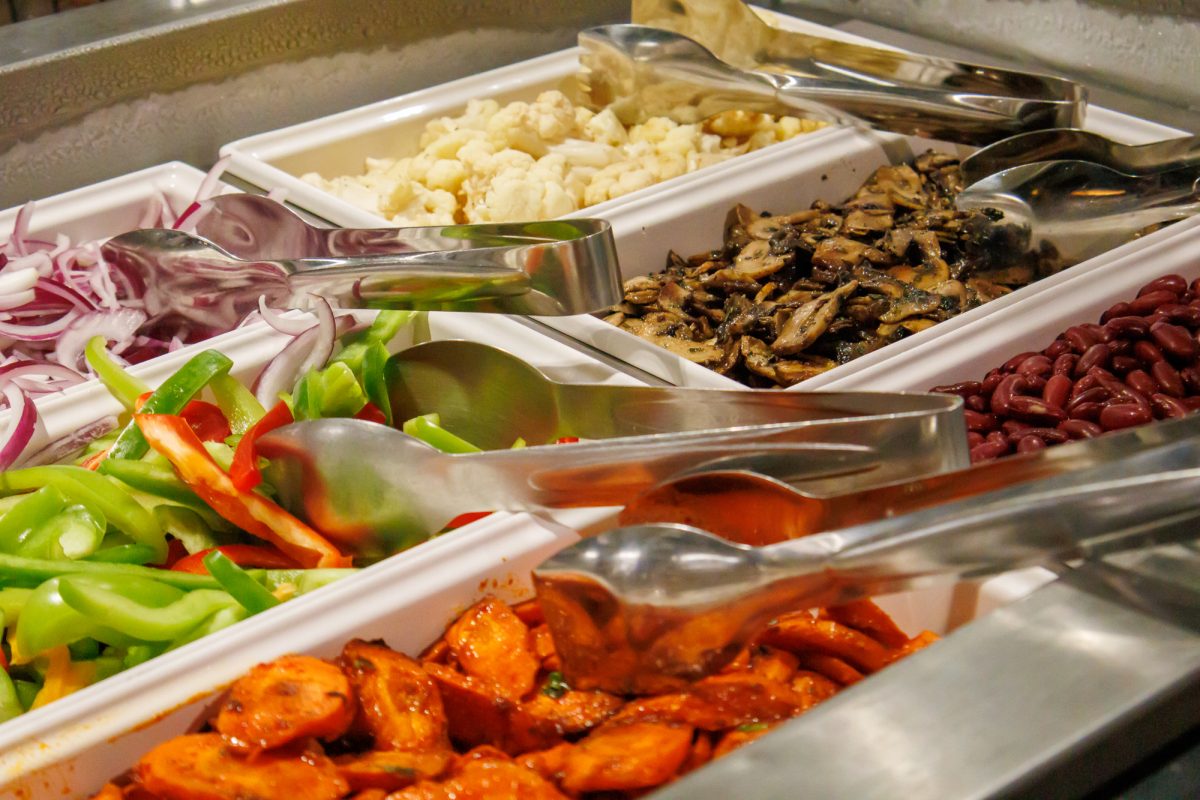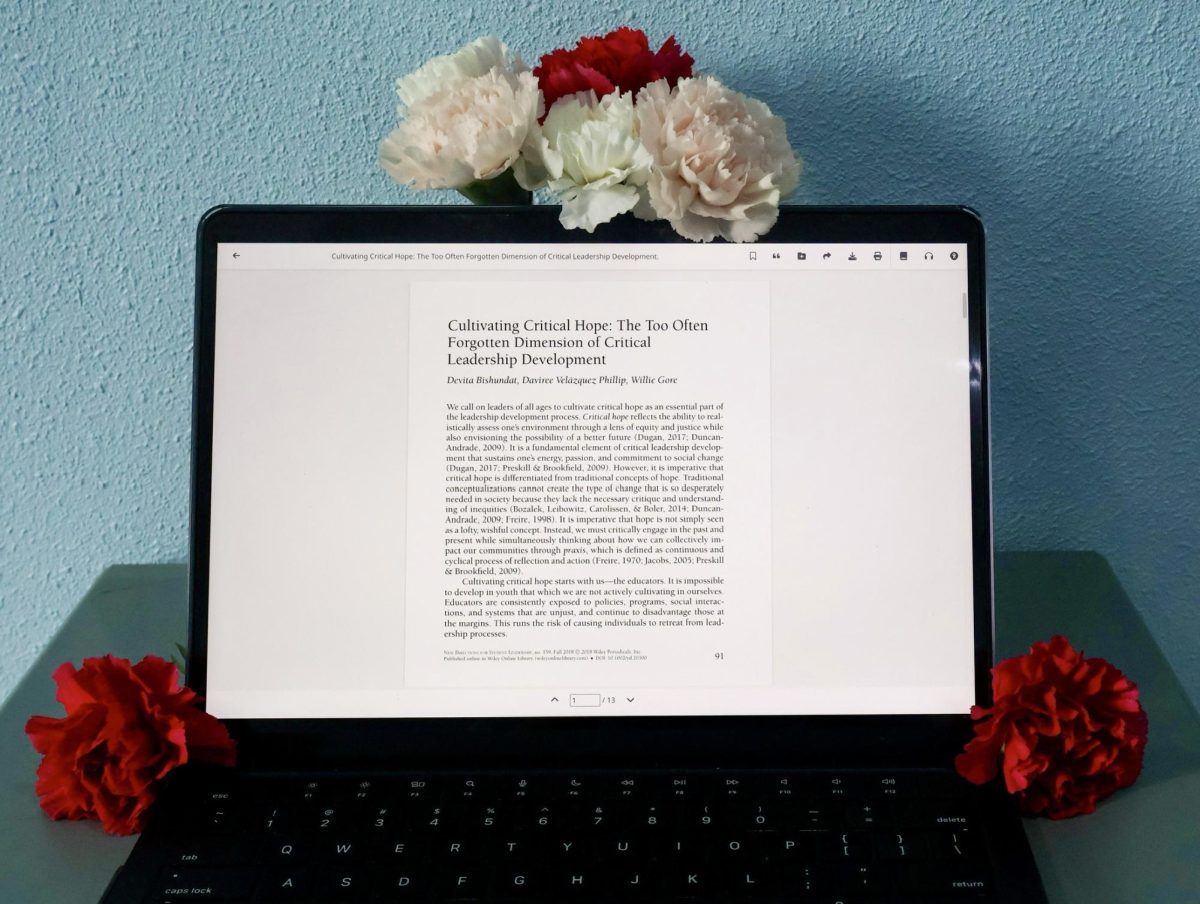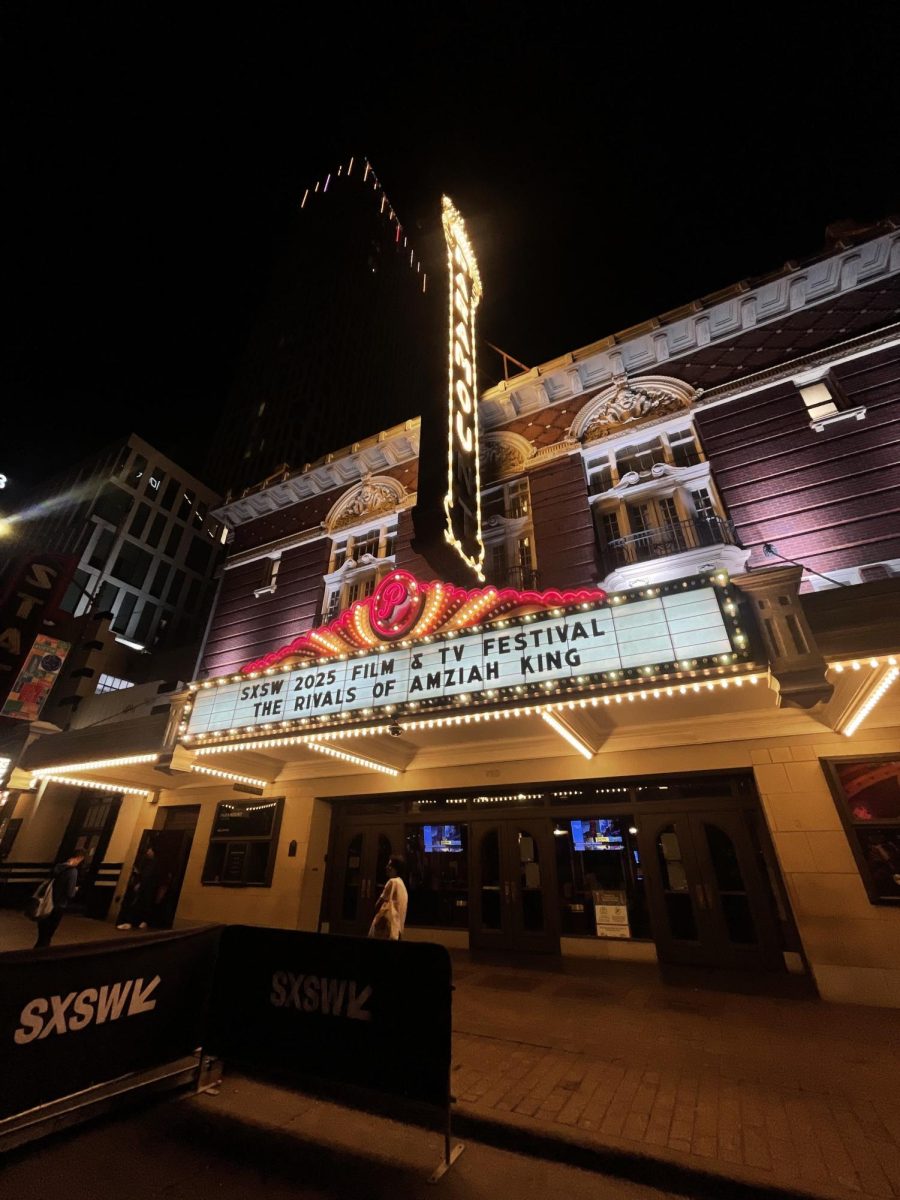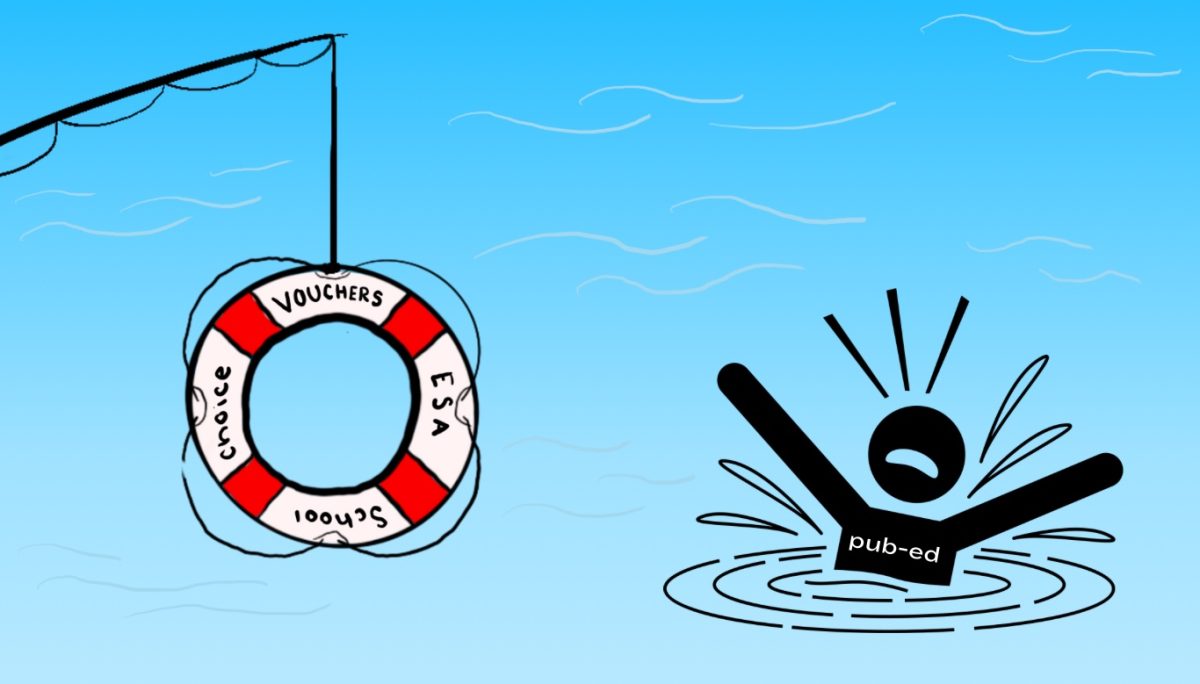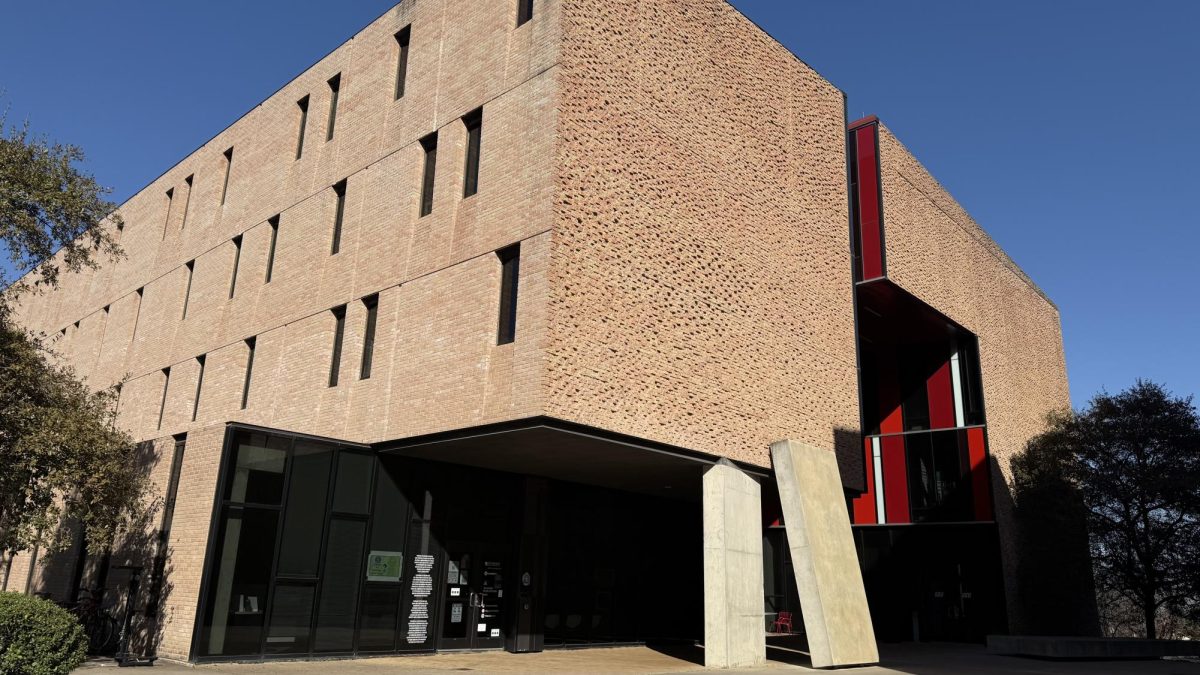As any Austinite knows all too well, Zilker Park is home to the Austin City Limits (ACL) music festival. Each year, over the first two weekends of October, the festival draws in crowds of around 450,000 people. The festival features artists of all genres, a wide variety of food vendors and allows guests to enjoy all that Zilker has to offer. From Oct. 4-6, we attended the festival for the fourth year in a row and found that this year featured some glaring differences in the operation of the event.
Although an exciting festival, year after year ACL organizers face new challenges with the growing popularity of the festival. The festival heavily influences Austin’s economy and infrastructure and highlights changes that should be made.
ACL has consistently had a positive impact on Austin’s economy, contributing nearly $499 million just last year. This revenue isn’t just from ticket sales — it also includes money spent by the tens of thousands of visitors on lodging, dining and transportation. Hotels, restaurants and other local businesses typically see a significant uptick in activity, particularly around Zilker Park and other popular spots on Barton Springs Road. This year, local businesses again benefited from this influx of festival-goers, helping drive Austin’s hospitality and service industries.
Despite the economic benefits, the festival strains Austin’s infrastructure, especially Zilker Park and its immediate surroundings. Every year, post-festival efforts are required to restore the park to its original pre-event condition, a task that C3 Presents, the festival organizer, funds.
Additionally, the hoards of attendees across the two weekends impact traffic, public transportation and waste management systems. Concerns about the long-term effects on the park and surrounding neighborhoods have been raised, particularly regarding noise pollution and congestion.
These crowds of people are ultimately not all Austin locals. Festival goers need a place to stay for the fun filled weekend, but finding one at a reasonable price proves difficult for many.
Austin’s accommodation infrastructure faces significant stressors during ACL. Hotels and short-term rentals become scarce, and prices skyrocket. While shuttle services and rideshare apps help alleviate some transportation concerns, the city’s traffic issues and surge-pricing during festival weekends often lead to longer commutes and higher costs for festival-goers.
Getting to the festival is always hard. Austin is overrun with all different kinds of traffic including pedestrians, cyclists and drivers all heading to Zilker Park and parking fills up quickly. CapMetro offers several bus routes that operate frequently near Zilker Park. High-frequency bus routes (the 2, 4, 7, 10, 20, 801 lines) depart every 15-30 minutes and drop riders off within a block of the official ACL shuttle site.
After waiting to take the bus, grab a lift or catch the shuttle, this year’s attendees were met with lines like no other. At peak times, festival goers waited up to an hour to get inside and through security, possibly missing their favorite artist.
Attendees have voiced frustration over the growing issue of long lines at key areas like food stands and entry points. This has been an ongoing issue, exacerbated by the festival’s increasing attendance numbers. Additionally, certain ticket tiers promised “shorter lines,” but many still reported waiting long periods for basic amenities like food and restrooms.
The lines inside and outside of the festival are very poorly managed and lack the amount of staff needed to corral people into their designated areas. People cut the lines and try to sneak past security which often ends badly.
The food stall lines are especially messy. The lines are not easily discernible, causing people to skip others or create their own offshoot lines. These lines are also ludicrously long, but this is not a staff problem, rather one of poor organization.
Some festivals have figured out how to beat these lines. At Primavera Sound Barcelona, another popular music festival, the different food stations had two lines: one for ordering and one for getting your food. After placing your order, you are given a different colored token to show what item you want. You then give that token to your cook and get your meal within minutes, cutting down wait times.
Another poorly organized area of ACL are the medical tents. Only five medic tents are scattered around the festival. With extreme heat, drinking and sometimes drugs, medical emergencies happen everywhere and often. We witnessed someone who had passed out and was going in and out of consciousness — the medics took nearly ten minutes to get to them. Hiring more medics and trained staff, or even offering a helpline to get immediate medical attention would aid these medical emergency wait times.
ACL will always be a major part of Austin’s identity, but as the festival grows, its operational efficiency and consideration for the city’s infrastructure must grow alongside it. After all, Austin isn’t just a backdrop for the music — it’s a living, breathing city whose residents and resources must be protected, especially during its most famous annual event.


